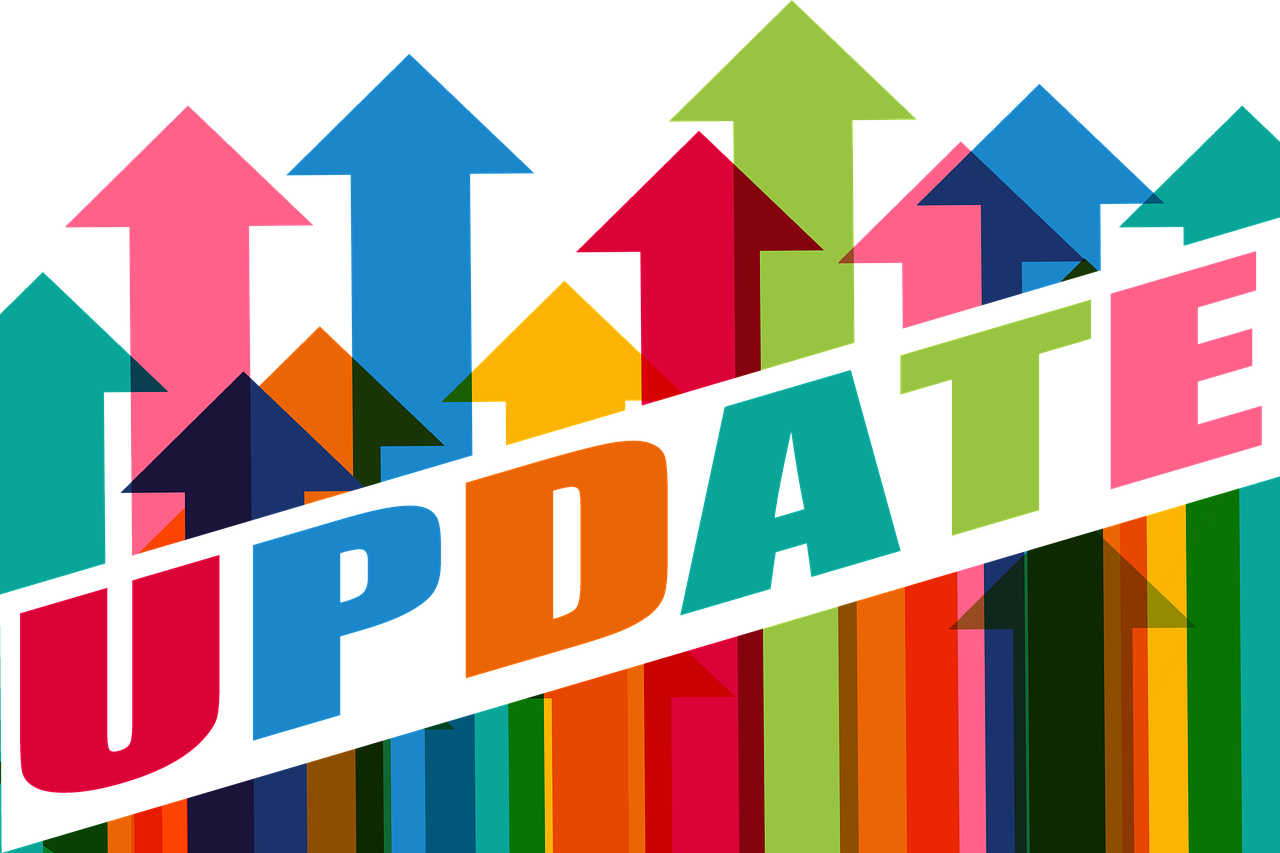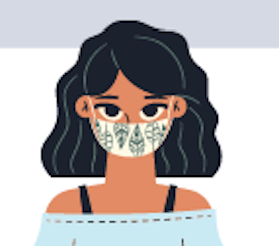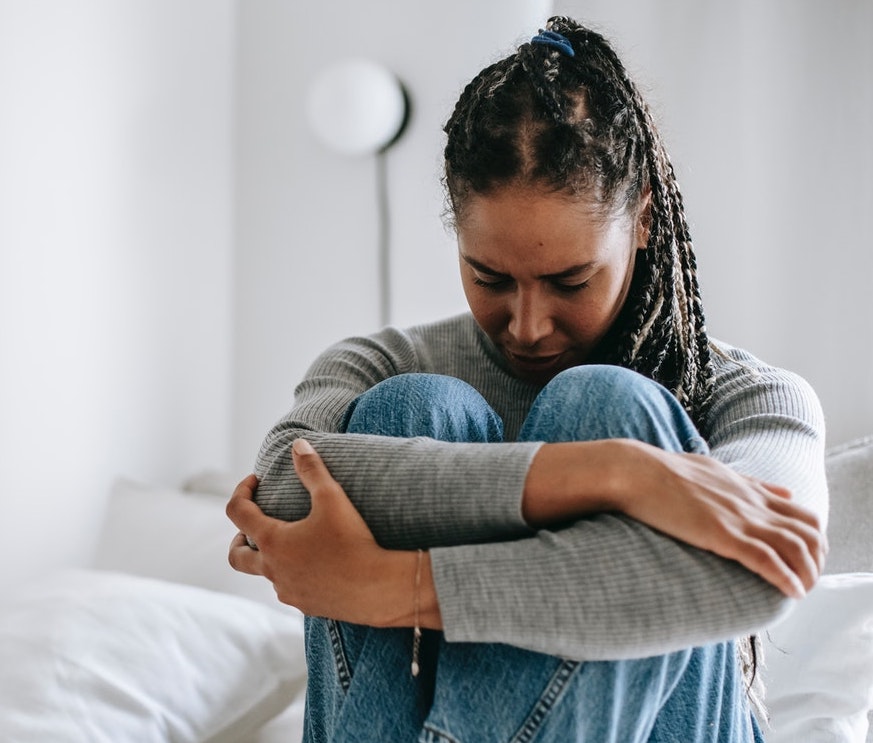After COVID-19 Diagnosis, Nearly 1 In 5 Are Diagnosed With Mental Disorder
 New research has found that nearly 1 person in 5 diagnosed with COVID-19 is diagnosed with a psychiatric disorder like anxiety, depression or insomnia within three months.
New research has found that nearly 1 person in 5 diagnosed with COVID-19 is diagnosed with a psychiatric disorder like anxiety, depression or insomnia within three months.
The analysis was conducted by researchers at the University of Oxford, using electronic health records for 69.8 million patients in the U.S. — including more than 62,000 diagnosed with COVID-19.
Compared with patients who had experienced certain other health events this year — such as influenza, kidney stones or a major bone fracture – those diagnosed with COVID-19 were more likely to have a subsequent psychiatric diagnosis in the following 14 to 90 days.
People recovering from COVID-19 were about twice as likely to be diagnosed with a mental health disorder as compared with someone who had the flu, says Paul Harrison, professor of psychiatry at Oxford and one of the study’s authors.”
The study found that the relationship between mental illness and COVID-19 is actually bidirectional: People with psychiatric diagnosis were about 65% more likely to be diagnosed with COVID-19 than people without.
It’s unclear exactly why. The study controlled for certain factors, including physical risk factors and those who were having serious housing and economic difficulties – but the risk persisted. That’s consistent with another recent large study using data from a different U.S. electronic health network that found increased risk of COVID-19 infection and mortality in people with mental disorders.
But aren’t most of us experiencing some level of anxiety right now, given the global pandemic?
What the study is talking about here is something more severe, says Harrison. “To get a diagnosis of an anxiety disorder, assuming the diagnostic tests were done correctly — this is more than simply the anxiety we’re all feeling very, very reasonably because of the circumstances many people have lived through over the last few months.”
Lauri Pasch is a clinical psychologist at University of California, San Francisco, where she has been working with patients at a special rehabilitation clinic for those who’ve been hospitalized for COVID-19.
“We’re seeing a lot of anxiety, a lot of fear, a lot of sadness, a lot of sense of isolation,” she says.
She says some post-COVID-19 patients describe sleep problems and distressing dreams: “Like waking up and feeling like you’re back into the hospital. Waking up remembering really difficult aspects of having COVID, where you felt like you couldn’t breathe. You felt like you were going to die.”
But while some patients are diagnosed with anxiety disorders in the three months after having COVID-19, the large majority are not.
And Pasch says some patients describe the entirely opposite experience.
“We’re seeing a lot of gratefulness — that feeling that friends and family were there for them in a way that they didn’t expect, and feeling really grateful for that. Feeling like celebrating life.”
Excerpted from “After COVID-19 Diagnosis, Nearly 1 In 5 Are Diagnosed With Mental Disorder” on NPR. Read the full article.
Source: NPR | After COVID-19 Diagnosis, Nearly 1 In 5 Are Diagnosed With Mental Disorder, https://www.npr.org/sections/coronavirus-live-updates/2020/11/11/933964994/after-covid-diagnosis-nearly-1-in-5-are-diagnosed-with-mental-disorder | © 2020 npr
A screening can help you determine if you or someone you care about should contact a mental health professional. CHC teletherapy services are available now. Call or email our Care Managers at 650.688.3625 or careteam@chconline.org to set up a free 30-minute consultation appointment.





